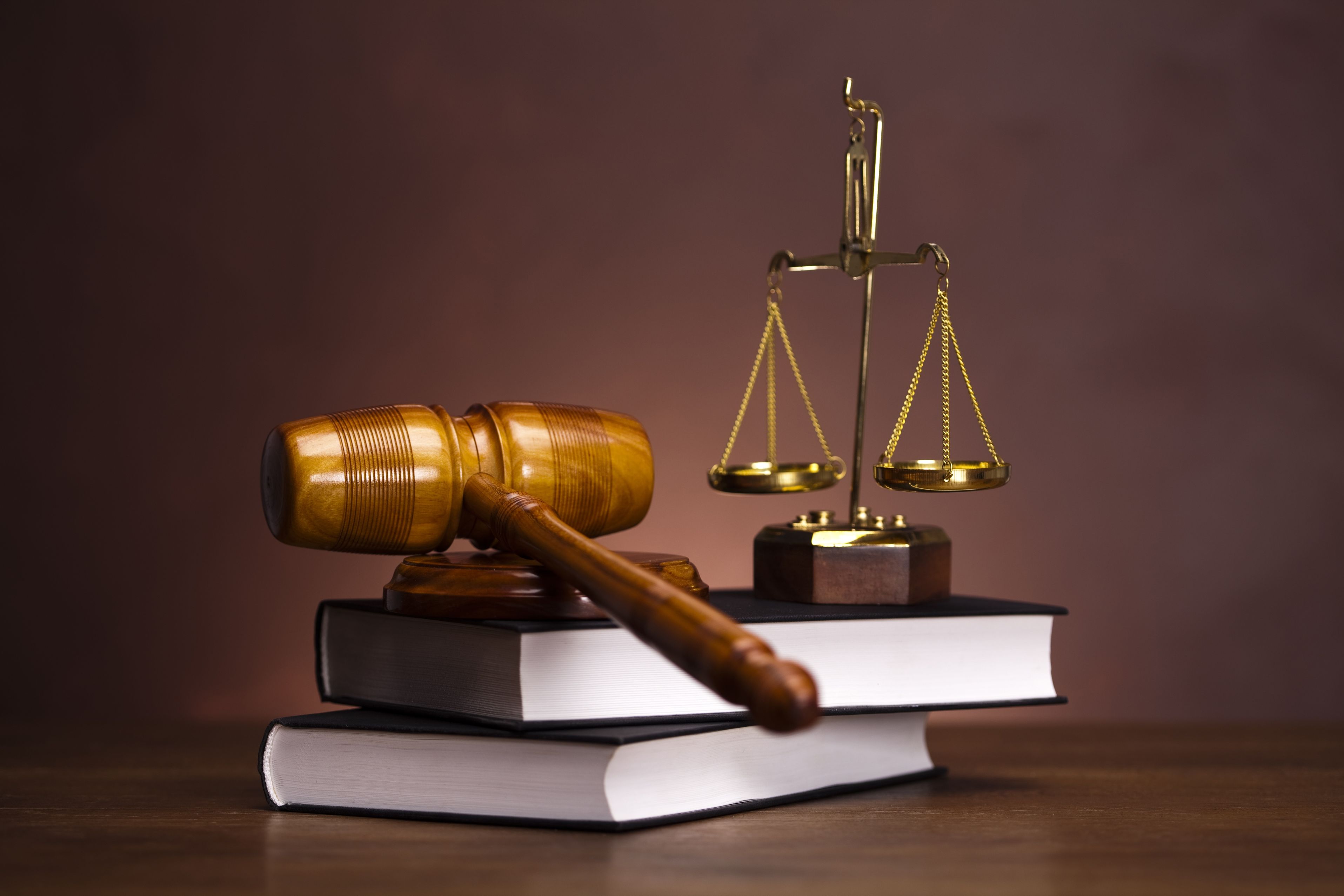Litigation is a tricky field that may sometimes require extensive discovery. During the discovery process, both parties are required to make disclosures to the court and to provide their adversary with information related to the litigation, unless the information is protected by a form of privilege.
One area of discovery that most clients are the most uncertain of is depositions. A deposition is the process of giving an out-of-court oral testimony to a member of the opposing counsel. The deposition can then be sworn into evidence in written form during the course of the trial.
Deposition by Subpoena
Because the despondent is unlikely to be willingly deposed without a court order, Rule 30 of the Federal Rules of Civil Procedure allows opposing counsel compel the despondent to attend a deposition by subpoena. In addition, the rule requires that the opposing give reasonable notice to the despondent, which should also include the time and place of the deposition.
If the despondent resides in a foreign jurisdiction, which is a jurisdiction outside of where the lawsuit is brought under and that the despondent is subject to, the attorney can request a foreign jurisdiction subpoena from a foreign jurisdiction. The foreign jurisdiction subpoena, if granted, allows the attorney to depose the individual for the purpose of the litigation. In most instances, if the case is operating in federal court, the same standard set forth in the Federal Rules of Civil Procedure will apply.
If You are Being Deposed
Sometimes, you may be the one deposed during the discovery stage. If you’ve never been to a deposition or if you’ve never been deposed, your first experience can be a bit harrowing – unless your lawyer prepares you well. In preparing you for the deposition, your lawyer may provide you with guidance on how to retain a calm demeanor and how to properly address questions given by opposing counsel.
It is also important to understand that the lawyer deposing you is permitted to ask you a wide variety of questions, as long as they are relevant to the case. If you do not know the answer to a question, then it is proper to answer “I don’t know” or “I don’t remember.”
All you are required to do is to testify truthfully regarding your knowledge. If you do find that you’ve falsified information and opposing counsel finds out, your truthfulness may be questioned at trial, which can ultimately bear upon the jury’s likelihood to decide in your favor.
The Law Office of Hayes and Welsch specializes in legal issues regarding creditor’s rights. If a debtor resides in a foreign jurisdiction, the firm’s lawyers can depose through a foreign jurisdiction subpoena.








